Netanyahu Again Confirms Syria Strike, Contrary to Position of Top Brass
Wed 13 Feb 2019, 13:55:11
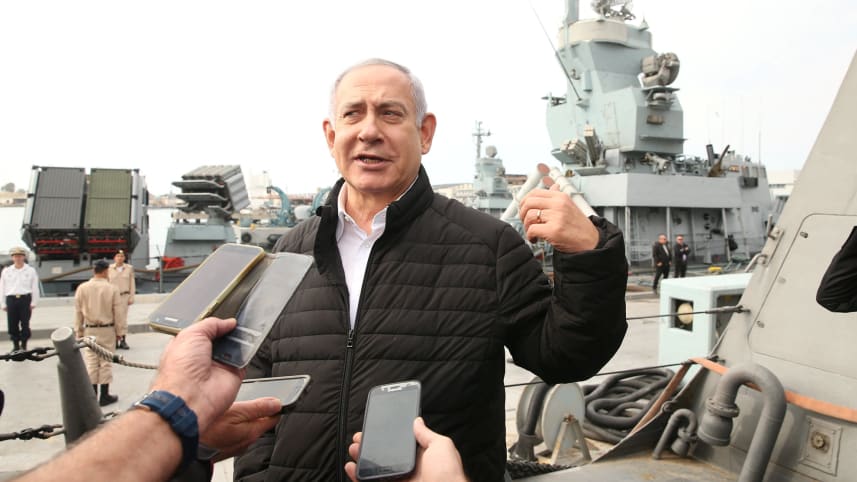
Prime Minister Benjamin Netanyahu confirmed on Tuesday evening that Israel struck Hezbollah targets in Syria the previous day. The confirmation runs contrary to the position of the Israeli defense establishment, as senior defense officials refrained from addressing the incident on the Syrian Golan Heights.
"We operate every day, including yesterday, against Iran and its attempts to entrench itself in the region," Netanyahu said as he set out to attend an international conference on the Middle East in Warsaw.
Syrian state media reported on Monday that Israeli tank shells hit a demolished hospital and an observation post in Syria's southern Quneitra province near the border with Israel.
Senior defense officials say the decision not to respond to the reports on the strike stemmed from the desire to renew the policy of ambiguity of recent years. The fact that the targets were Hezbollah position on the Golan is what prompted the officials to demand the defense establishment remain mum on the reports coming in from Syria.
Israel's policy of ambiguity regarding its Syria strikes has been all-but-lifted recently by Netanyahu and former IDF Chief of Staff Gadi Eisenkot.
As Haaretz's Amos Harel wrote, it began with Eisenkot’s proud assertion to the New York Times of attacks on thousands of targets in the north during his tenure. Last month, Netanyahu took public responsibility for attacking Iranian weapons stores in Syria.
"Iran is issuing threats against us. On the fortieth anniversary of their revolution, they threatened to destroy Tel Aviv and Haifa. I said that they won't succeed and if they try it will be the last anniversary they celebrate," Netanyahu added.
"We are constantly operating according to our assessments and needs to prevent Iran and its satellites from forming bases near our northern border or in our area at all," Netanyahu said at a naval base in Haifa earlier Tuesday, adding: "We do whatever is necessary."
Monday’s attack apparently targeted Hezbollah forces, with the goal of driving them away from the Israeli border.
"We are operating through a lot of different means and elements against their attempts to arm up on nuclear weapons and ballistic missiles. We also halt their attempts to entrench themselves in Syria," the prime minister said of Israeli actions to fend off Iranian threats in the region.
Netanyahu also noted that Israel's relations with countries in the Middle East "are very good. With all of them except for Syria."
"Descriptions according to which we are disconnected [from countries around us] are the opposite of the reality. Relations are tightening. Not everything is out in the open but some of it is,"
he added.
he added.
Addressing the conference in Warsaw that he will participate in and that the Palestinians have chosen to shun, the prime minister said he "doesn't think the deal of the century [or Trump's peace plan] will be at the center of discussions."
Challenge along the border
Israeli intelligence officials said that Iran and Hezbollah haven’t given up their desire to open a new front against Israel in the Golan. All the intelligence agencies’ scenarios predict that Lebanon-based Shi'ite organization will try to challenge Israel along the Syrian border, and that Iran will attempt to exploit these efforts.
Israel proudly announced last year that it had reached understandings with Russia and the United States under which.
Monday’s incident casts doubt on the promises Israel said it received from Russia and the U.S., which stipulated that Iran and its proxies would be kept at least 80 kilometers from the Syrian-Israeli border, as the apparent targets were forward outposts of Hezbollah in the Golan, just a few kilometers from the Israeli border.
And while Israel has made significant efforts to enforce the agreement itself, it doesn’t seem to be succeeding.
The defense establishment thinks that today, Iran has very few officers and advisers in Syria, and Hezbollah has also significantly reduced its forces there. Nevertheless, both Iranian and Hezbollah personnel remain in the country.
Iran’s main activity in Syria now is trying to entrench its Syrian militias and locate them near the Golan. Hezbollah is also trying to bolster its control over the triangle where Israel, Syria, and Jordan meet in the southern Golan.
All this is happening as the Syrian army has regained control of most of the country, including the Golan Heights. The fact that Iranian and Hezbollah forces are stationed among or alongside Syrian soldiers in the Golan worries Israel.
In December, the IDF spotted several armed men crossing the fence into the buffer zone between Syria and Israel. Israeli soldiers fired at the men, but they fled and returned to Syria unharmed.
After the incident, senior IDF officers said they were displeased with this outcome, as the armed men should have been killed.
Last month, an Iranian missile was fired at Mount Hermon following an airstrike near the Damascus airport that was attributed to Israel. That missile, an Iranian model that came from an Iranian factory, was also launched from much closer to the border than the 80 kilometers Israel was promised.
These events show that Iran hasn’t abandoned its desire to entrench itself much closer to the Israeli border than Israel would like.
No Comments For This Post, Be first to write a Comment.
Most viewed from International
Most viewed from World
AIMIM News
Latest Urdu News
Most Viewed
May 26, 2020
Do you think Canada-India relations will improve under New PM Mark Carney?
Latest Videos View All
Like Us
Home
About Us
Advertise With Us
All Polls
Epaper Archives
Privacy Policy
Contact Us
Download Etemaad App
© 2025 Etemaad Daily News, All Rights Reserved.

.jpg)

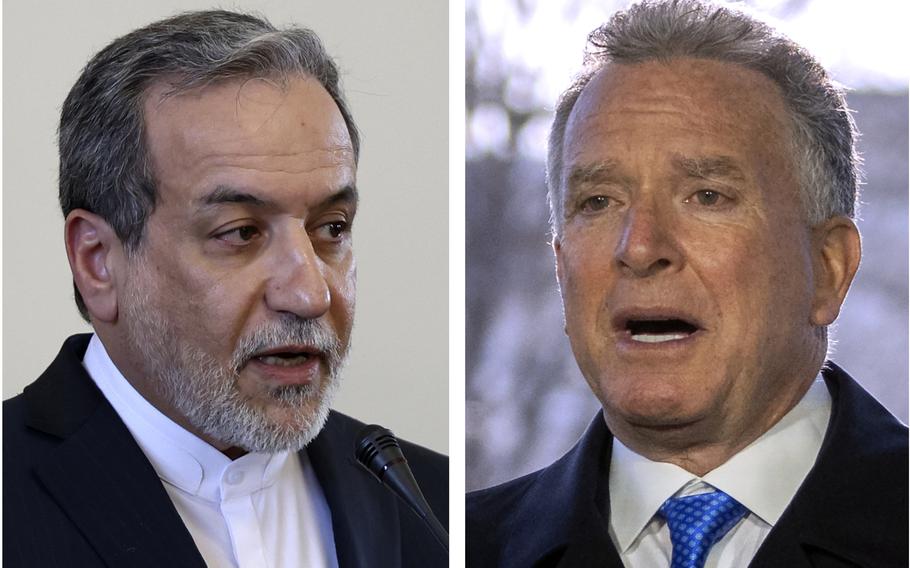
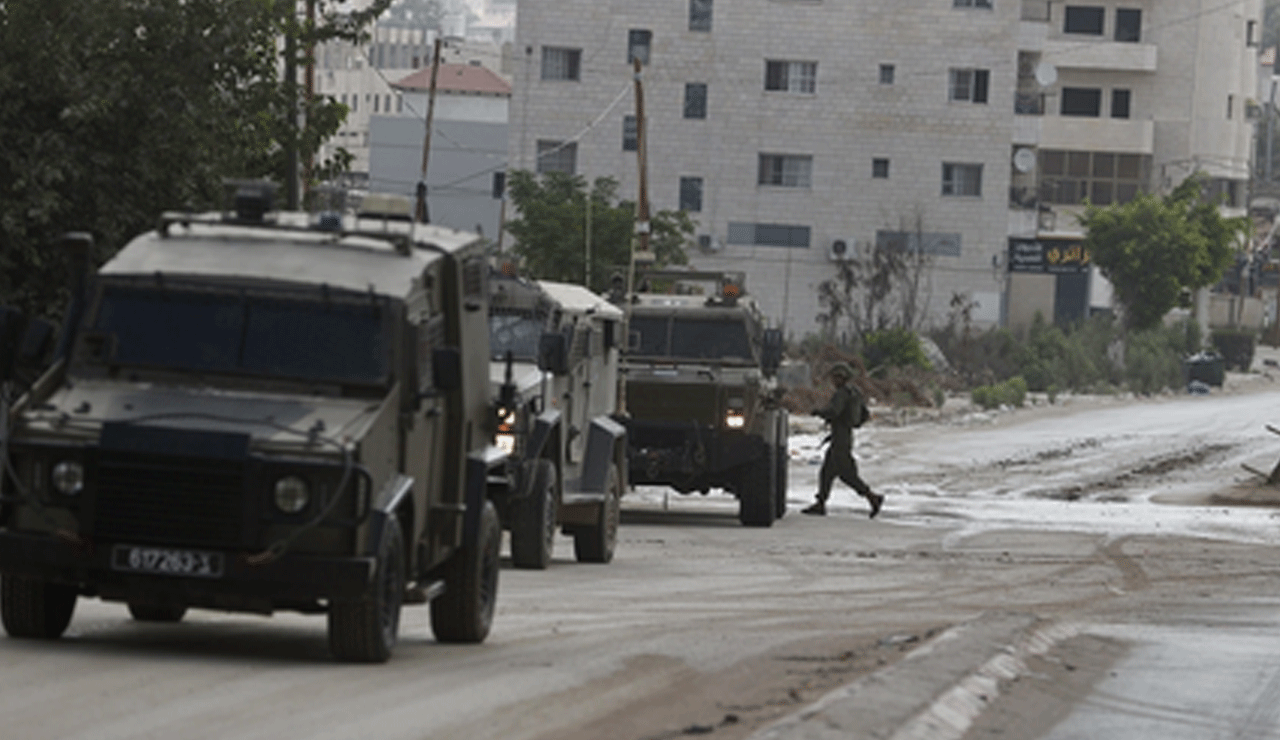

.jpg)
.jpg)
.jpg)
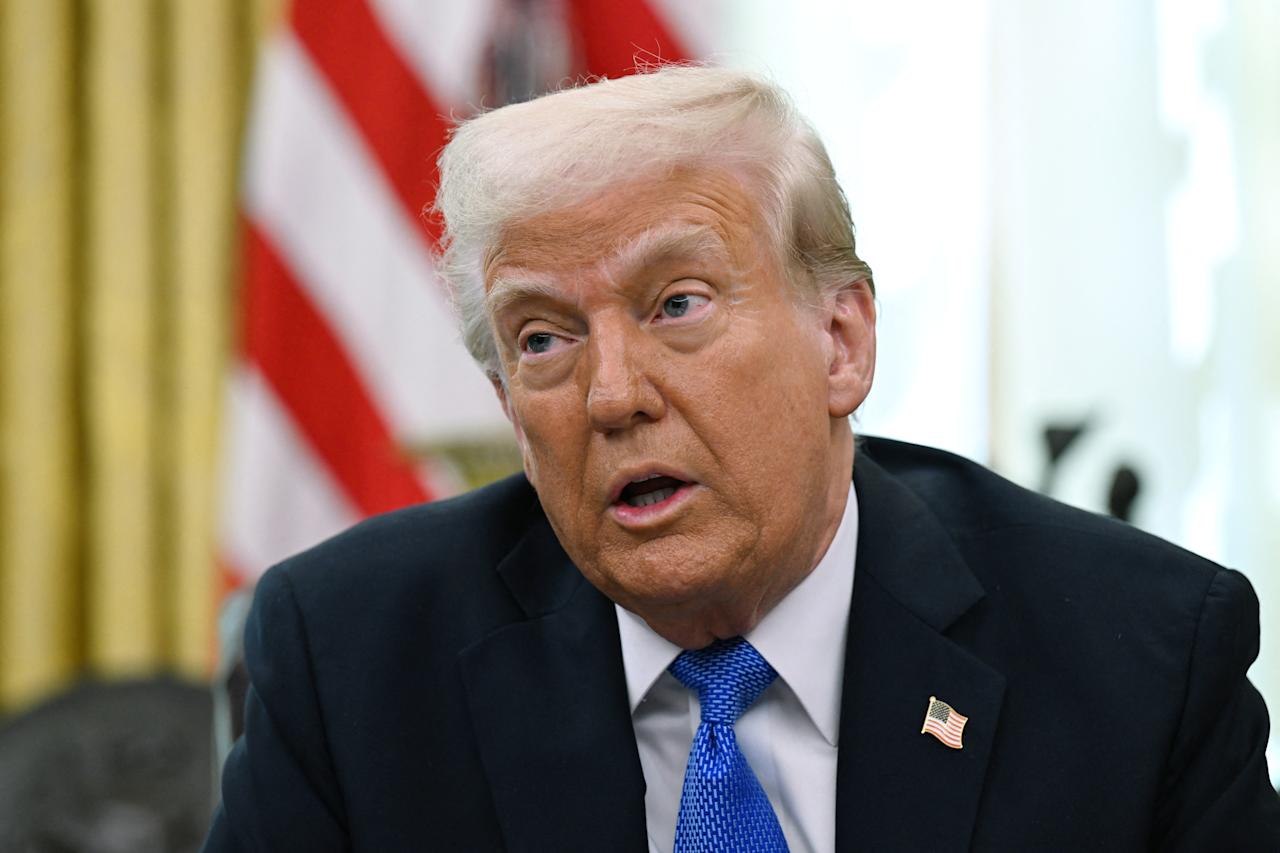
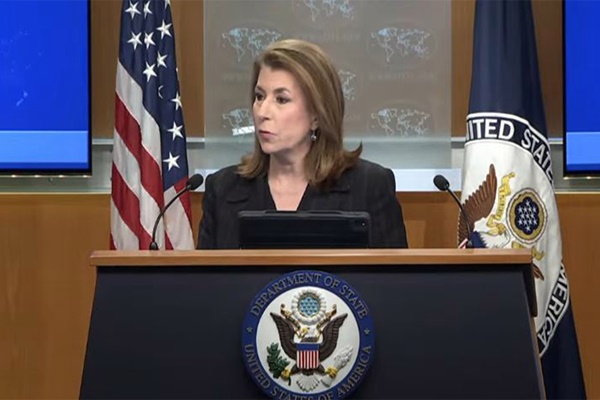

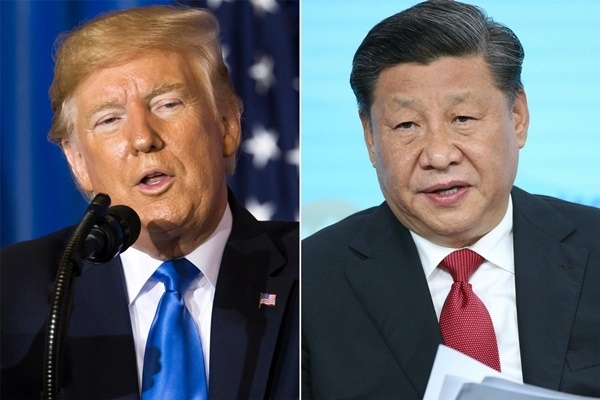
.jpg)

.jpg)
.jpg)
.jpg)
.jpg)
.jpg)
.jpg)
.jpg)
.jpg)
.jpg)


















